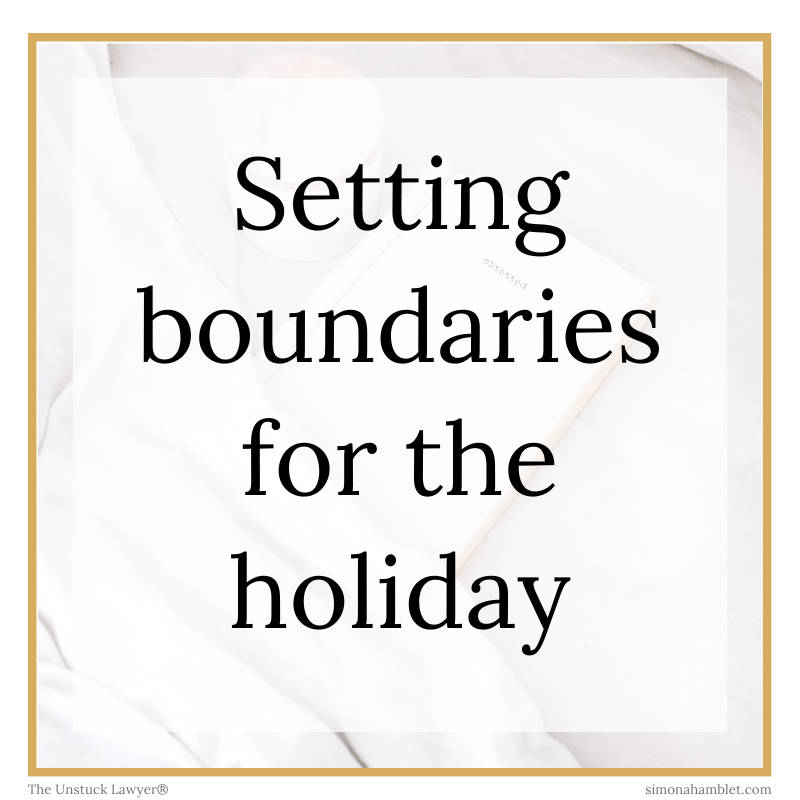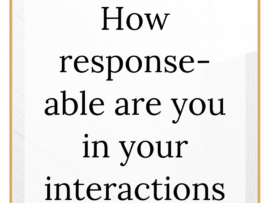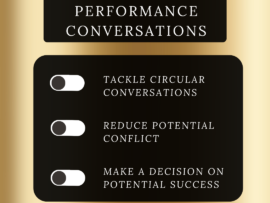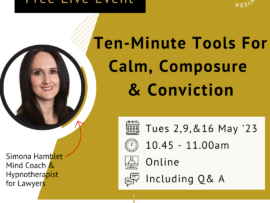Have you set your festive boundaries?
Have you set your boundaries for the holidays?
Do you often return to work in the New Year, feeling frustrated, irritable, and as if you need a break? Do you seem to have the same conversation with yourself every year and nothing changes? Then perhaps now is a good time to rethink your boundaries and approach.
What are my boundaries?
There are typically four types of boundaries:
1. Time boundaries – we can often feel pressured to try to appease everyone, to our detriment. These boundaries are about where time is spent, and how that time is spent. It might also involve tackling snarky comments around the use of your time (see further below). This can be related to work or home.
2. Mental boundaries – in some situations people will try to push a view, or continually bring up conversations on topics where views are unlikely to change. Mental boundaries include conversation topics (they may overlap with the below), or mental workload expectations, or quiet/noise time.
3. Emotional boundaries – these include topics or approaches that are upsetting to you. You have every right to limit these. For example conversations that are sensitive, such as relationships, weight, or work. Or it might include how other people interact with and treat each other, or you, such as shouting, using the silent treatment, sarcasm, or speaking over you.
4. Physical boundaries – this might include your body, your home, your items, or other’s boundaries such as your children. It could cover having other people’s pets or children in your home, what rooms are off limits, or allowing your children to choose when or how to show affection with family.
Why are my boundaries not being respected?
For many of us, when we do endeavour to set a boundary and it is not respected, it is because we have shared a preference, rather than fully set a boundary.
Whilst ideally, when we share a preference, it would be respected. A boundary sets out the consequence. For example, these are preferences:
‘We may have differing views on this, but please speak to me in a respectful way’
‘We will be spending three hours with you, we also want to ensure we return to work well rested and have had some time alone’
‘I would rather we did not discuss my relationships, thank you’
If that behaviour is then repeated, then a boundary needs to be more fully set, and this has a consequence. Examples might include:
‘We may have differing views on this, but please speak to me in a respectful way. And if you continue to bring this up or speak to me in that way, I will not attend family events where you are present.’
‘We will be spending three hours with you, we also want to ensure we return to work well rested and have had some time alone. And if you continue to put pressure on us to stay further, in future I will not make arrangements to visit for this long’
‘I would rather we did not discuss my relationships, thank you, and if you continue to ask, then I will no longer have any conversations with you today‘.
What do you want for your holiday period?
Around this time of the year I often ask clients to reflect on what their ideal holiday period would include, if there were no traditions or expectations. How would the timings, gifts, family visits, locations, change? It may not be possible for this year, but it can be a good time to explain changes for future years.
Perhaps now is a good time to think of one boundary and one tweak that would make the biggest difference to you.
Let me know if you did make a change, and how it went. In the meantime, I wish you a peaceful rest of the year, and a great start to the new year.





















































































































